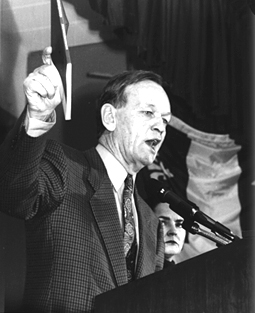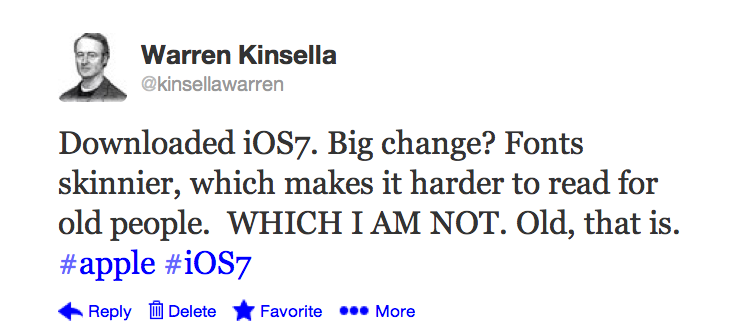It’s brilliant.
I love the use of funny graphics (although not the crypto-racist “gypsy” designation, dating one of the Romani people, as I do).
Personally, I acknowledge that I had totally amazing parents, and was given plenty of opportunity. But I still was required to work at McDonald’s at age 15 if I wanted spending money, and I still had to take out lots of student loans to get through university.
My Dad also gave me great career advice, free of charge, which I heeded. If you are deciding on a career for yourself – and I was, eyeballing law and/or journalism at the time – do your best to make sure they aren’t career paths leading to a dead end, he said. So, after putting in some time at the Calgary Herald and Ottawa Citizen (and not because I foresaw the Internet or whatever), I figured the traditional media was an industry going down, not up. Same with law: the law schools were handing out way too many diplomas, and – from my perch at the Toronto and Ottawa law firms where I toiled – lawyers weren’t heeding the complaints clients were making, increasingly, about huge fees. Too many lawyers, not enough clients: not good.
Generation Y, here’s my advice to you, gratis: you are indeed special, but that does not relieve you of the obligation to work your ass off. Nor should you ignore the warning signs all around you: that is, if something seems like it’s too easy, that’s because it probably is.
Do what makes you happy, and do what you’re good at. That way, you’ll be happy to come into work, and you’ll frankly be amazed that someone wants to pay you to do something you love.
Oh, and get your head out of your ass, too. It’s a tough old world, and it doesn’t take prisoners.
Comments (23)


